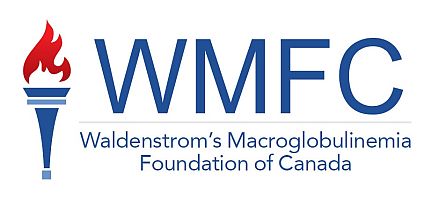Your donations to the WMFC are currently funding Dr. Zachary Hunter, of the Dana-Farber Cancer Institute in Boston, in a project entitled “Multiomic Analysis of DNA, RNA and Epigenomic Networks in WM”.
In support of our upcoming Research Month, he has provided us with an interim report. This comes in both a short form, and a long form. The long form is available here — but be warned, it is more than 7 pages of very technical information and graphs. On the other hand, it provides fascinating insight into the technical challenges and depth of analysis that goes into modern genetic studies of diseases.
He’s also been kind enough to provide the following short form summary:
To better understand the biology of Waldenstrom’s Macroglobulinemia, we have assembled several large datasets that include DNA mutation analysis, DNA regulation (aka epigenomics), gene expression, extensive clinical data, and digitized images of bone marrow pathology slides from nearly 300 untreated patients with WM. For this grant, we aim to use this data to identify subtypes of WM and study and characterize how they are different from each other at both the genetic and clinical levels.
To do this, we are analyzing each dataset independently and jointly using deep learning artificial intelligence models to integrate and analyze data across several data sets simultaneously. We are also using machine learning to construct gene regulatory networks for major groups/subtypes of WM, as well as for individual patients. These regulatory networks can be used to give us insight into how the disregulated gene signaling observed in WM evolved, as well as how patterns of diverse genetic and epigenetic changes in individual WM patients may converge on key sets of regulatory networks specific to particular subtypes of WM, thus giving us new diagnostic, prognostic, and therapeutic targets.
We are pleased to announce in this update that all the data sets are complete and technical variation known as batch-effect has been successfully accounted for across the study. This has allowed us to complete our first round of gene regulatory networks for MYD88 mutated WM as well as CXCR4 mutant and unmutated WM. We have been able to use the individual data sets to both confirm our previous findings and greatly advance our knowledge of WM biology.
And if you’re interested in hearing about this type of research, instead of reading it, Dr. Hunter did a presentation to the Atlantic Support Group in June of 2020, very much on this topic. We’ve got the video of that presentation in our YouTube channel, here.
